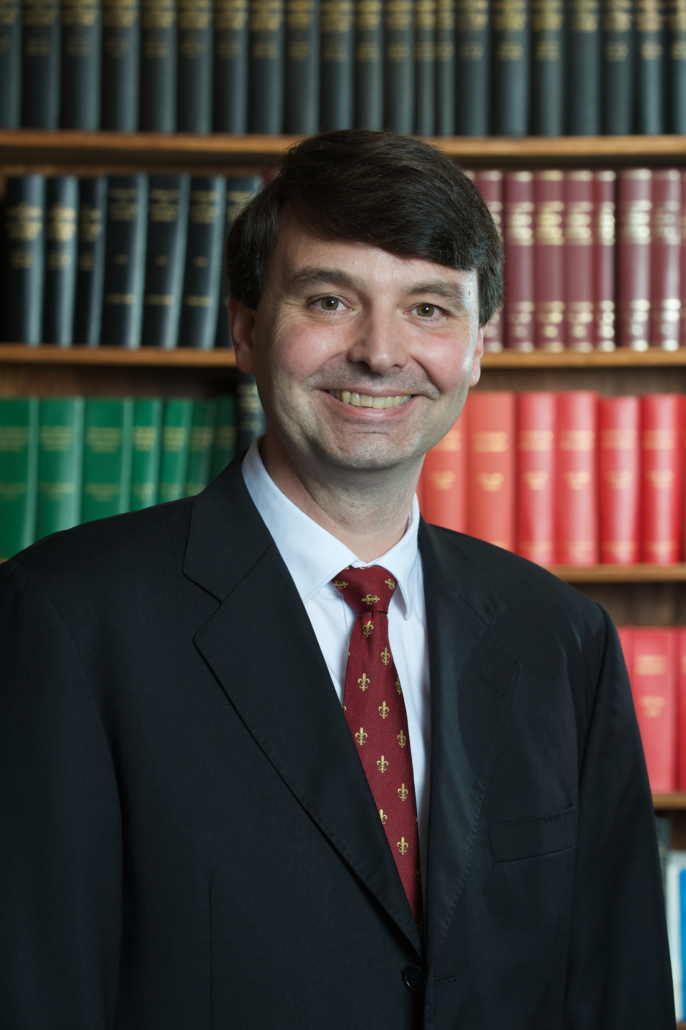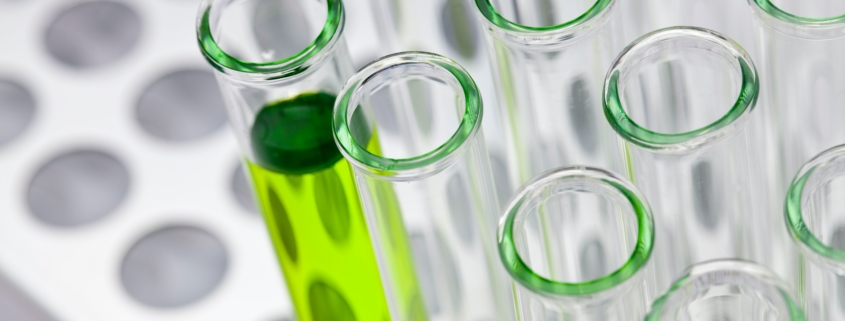Leading Bioethicist Formed by Faithful Catholic College

Dr. Joseph Meaney
One of the nation’s leading Catholic bioethicists, Dr. Joseph Meaney, navigates tough ethical questions as president of the National Catholic Bioethics Center—and he relies every day on the strong formation he received at a faithful Catholic college.
The world is undergoing a massive scientific revolution, and the 21st century may be defined, in part, by its great advances in the realm of biology. As discoveries are made, such as new cancer treatments and genetic manipulation, new ethical questions are raised as well.
When discussing important questions about “end of life issues,” an “experimental procedure” or some other bioethical topic, Meaney “provides what the Church teaches, but also compassionate listening and prayer.”
“This feels like many of my experiences at the University of Dallas,” Meaney relates. At the university located in Irving, Texas, “There was real human interaction — caring for others around you, while also sharing the wisdom of the Church.”
Navigating consultations at the National Catholic Bioethics Center is like “reliving those experiences” at UD, which is recommended for its strong Catholic identity in The Newman Guide. When Meaney entered a public graduate school, these interactions did not happen nearly as frequently as they did in the close-knit Catholic community at UD.
“It was beautiful to be in an environment where virtue is fostered,” Meaney explains. In a way, the University of Dallas was a “bubble,” which Meaney says is a positive attribute.
“There was positive peer pressure… roommates who cared about you,” he shared. “It had a strong Catholic identity, values. By and large, there was a real Catholic ethos.”
Rather than having his faith constantly challenged or facing “political correctness and relativism” on campus, the undergraduate years were “very formative.”
UD was not “high school extended” and didn’t foster the “‘Peter Pan syndrome’ where kids don’t want to grow up,” Meaney says. Instead, it was a “good education” which helped spur on “intellectual, social and spiritual maturity” and helped students live a “good Catholic life.”
“An atmosphere that fosters marriage is wonderful,” Meaney says, in contrast to the widespread hook-up culture that exists on many campuses. “I met so many great people, some of whom were preparing for a religious vocation.”
Studying the liberal arts helps students “develop intellectually, seek truth, learn from the best minds, and orient yourself towards your vocations,” explains Meaney, who majored in history. The Rome study abroad program also helped many students “grow in maturity,” as learned to travel internationally on their own or in small groups. Meaney took part in countless other opportunities on campus, such as the tennis team, pro-life club, French language plays, the history honors society, and more.
Meaney took his first bioethics course at UD with the great pro-life philosopher Dr. Janet Smith, and now has come full circle. In 2019, Meaney was appointed head of the NCBC, where he promotes the dignity of the human person full-time.
“The human person is so precious… and needs to be treated with reverence and awe – not taken apart to manipulate without consequences,” he urges. “Catholics need to live that message and spread it and call out abuses that take place all the time.”
Catholic schools and colleges, especially faithful ones like UD, can help teach and restore respect for all human life. “Catholic education provides a beautiful basis for intellectual knowledge and spiritual growth. It’s tried and true formation.”

